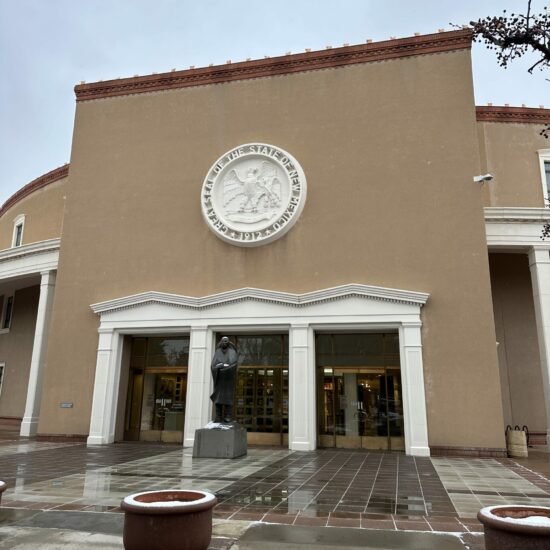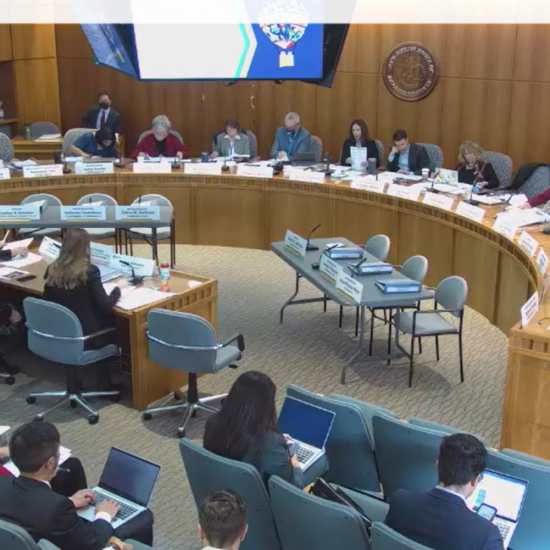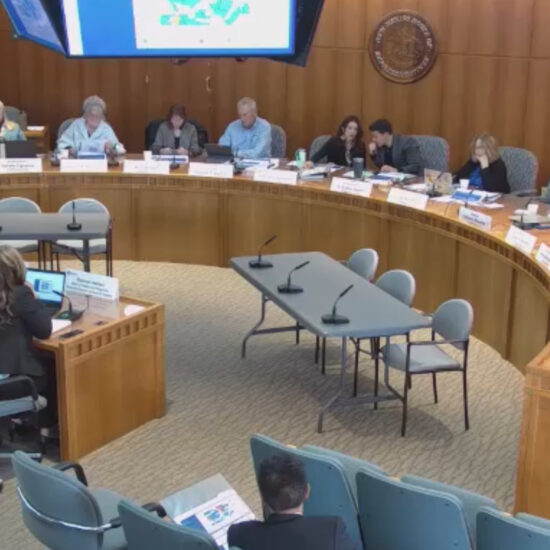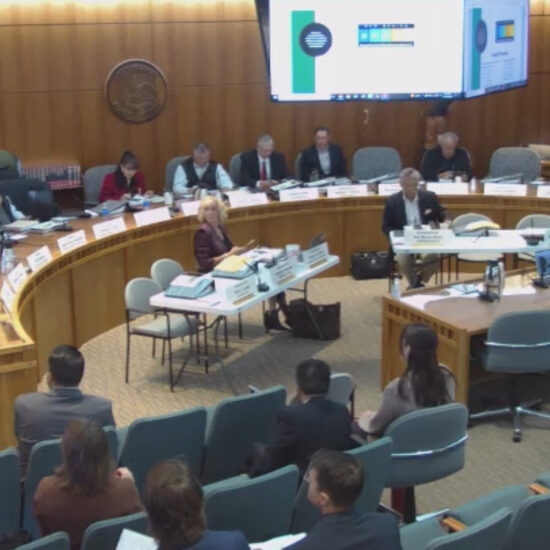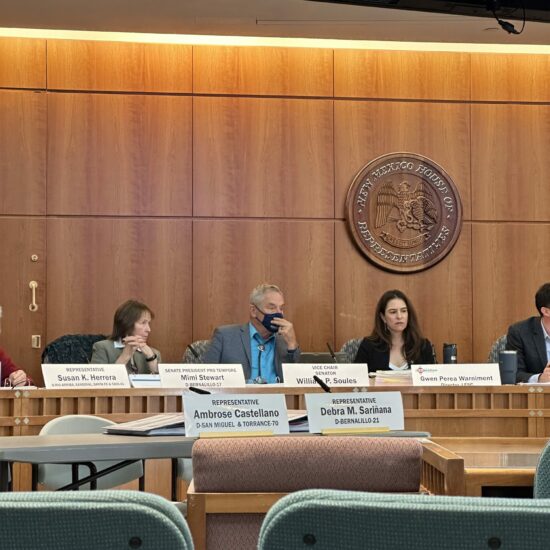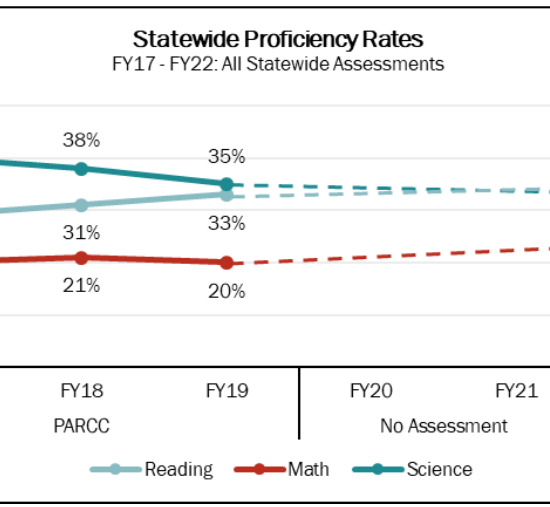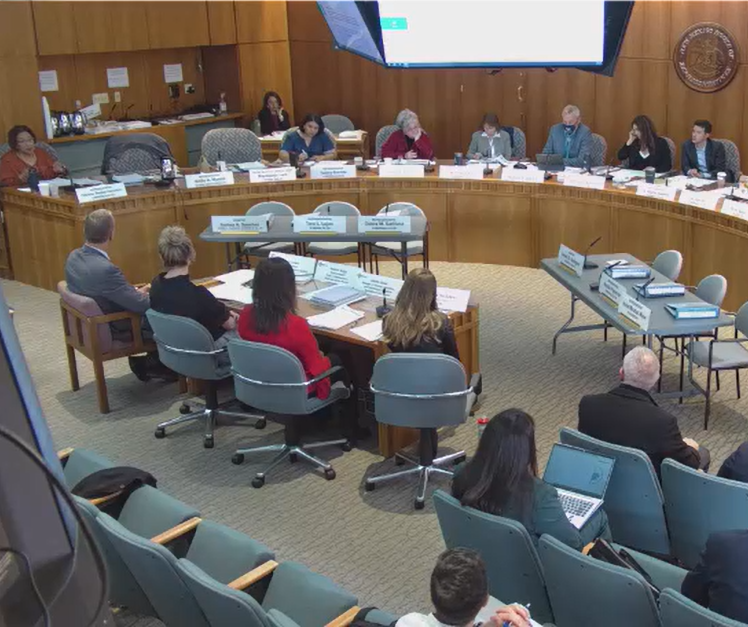
Education officials, superintendents, and legislators gathered in Santa Fe on November 16 to address the issue of chronic student absenteeism in New Mexico schools. The discussion comes at a time when the state’s own data shows 39 percent of students are chronically absent, with officials agreeing that many of these issues stem from causes at home and can be addressed with community engagement.
Senator Mimi Stewart asked about the New Mexico school districts implementation of the new Attendance for Success Act, questioning the role of the New Mexico Public Education Department. PED Assistant Secretary Greg Frostad explained that the PED is currently focused on helping schools develop quality plans and offering professional development opportunities.
Steve Carlson, superintendent of Central Consolidated School District, said the pandemic disrupted student routines, making it difficult for students to regain their enthusiasm for learning. He argued that many students, accustomed to virtual learning, found it challenging to transition back to in-person classes.
“COVID didn’t help with [absenteeism], we were basically telling students ‘get to school’, then during COVID we said ‘no, you stay home’. So, they feel like they were getting mixed messages on that.” Carlson finished, “We lost families, lost people at a rate of something like 10 times that of the rest of the state, so there’s a lot of COVID trauma.”
Truth or Consequences Municipal School District Superintendent Nichole Burgin said that many students, especially in remote areas, face challenges related to housing, transportation, substance abuse, and mental health, which often lead to extended periods of absence.
Representative Brian Baca (R – Valencia) pointed out the need to approach the issue not as an educational problem, but as a systemic societal issue. He stressed the importance of addressing the root causes, such as housing, transportation, drug addiction, and mental health, which contribute significantly to chronic absenteeism. He argued that the community has a role in solving this issue.
Burgin shared an example from her district, where Truth Or Consequences Municipal Schools have started engaging with the district attorney’s office to develop youth prevention programs. They are working toward providing support and resources for students facing substance abuse or other challenges, ensuring they stay in school. She said that engagement with local police and the Children’s Youth and Families Department usually yields little to no results because the departments are either unable to do attendance checks or are lacking the staff to locate missing students. She said the district has started to call for wellness checks on students because law enforcement would not do “attendance checks.”
Senator Shannon Pinto (D – McKinley, San Juan) spoke about the importance of focusing on the systemic societal problems contributing to absenteeism and addressing them collectively with local governments, city councils, and county commissioners. She advocated for a shift in attitude, making school a place students want to attend.
Lynette Deuel, Manager of Strategy, Innovation, and Performance Outcomes at Bernalillo Public Schools told legislators that despite all the resources they make available to families, they are not taken advantage of.
“Before the pandemic, school was more fun; kids thought of school as more like a job, parents thought of school as the job their kids had to do, and that has kind of gone away with the pandemic,” Stewart said, “We need to build back up this idea that school is cool, and school is your job, and that’s just what you have to do.”
The conversation also touched on the definition of chronic absenteeism and the distinction between excused and unexcused absences. Panelists called for a reevaluation of the definitions because students engaged in extracurricular activities, like sports or field trips, were often grouped together with chronically absent students. Legislators struggled to have consensus on this issue, with some suggesting these extracurricular activities take place outside of a traditional school day.
Superintendent Burgin suggested the possibility of an attendance summit to bring together superintendents to share ideas and help create a strategic plan to tackle the problem of absenteeism in New Mexico.


